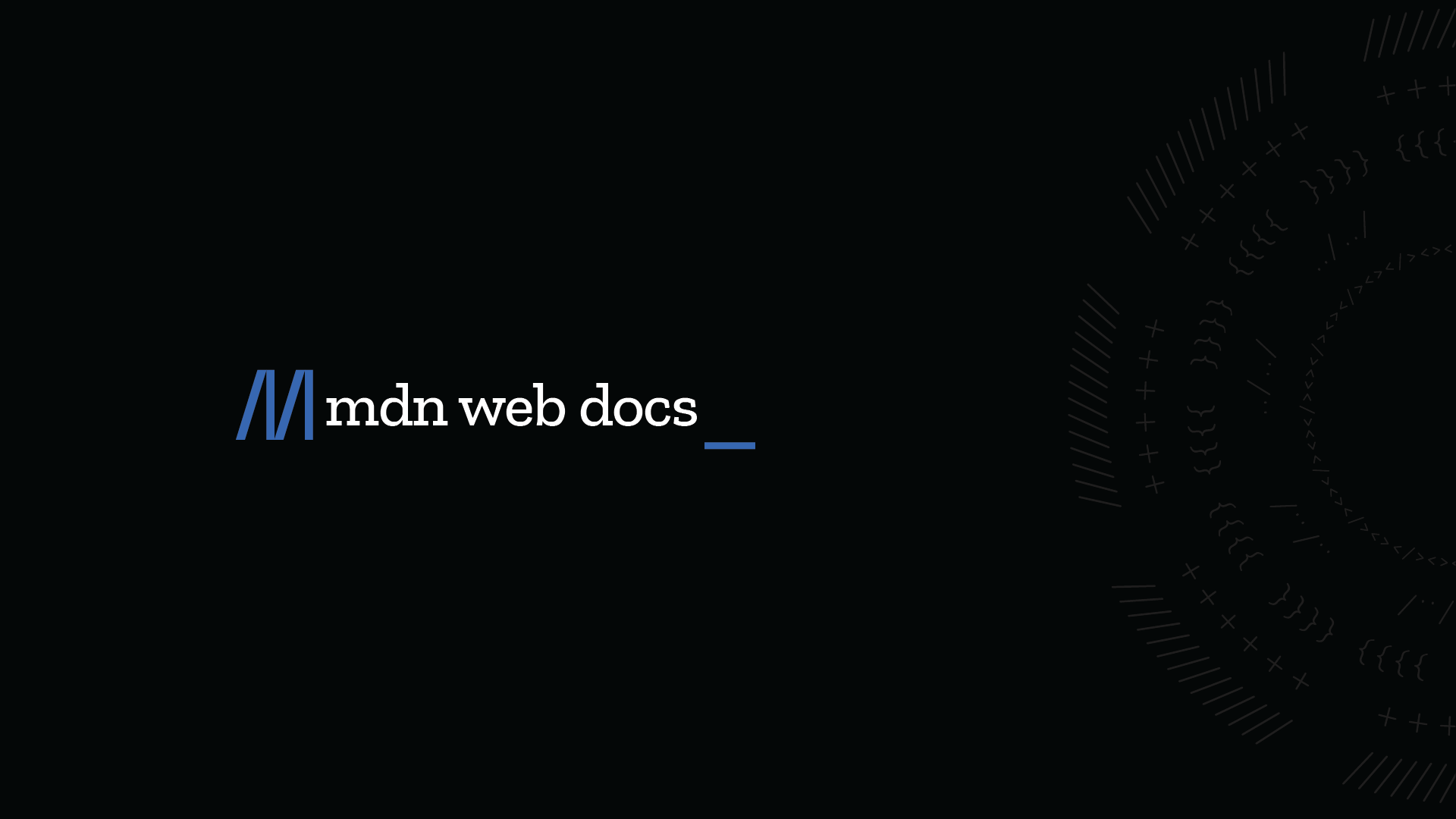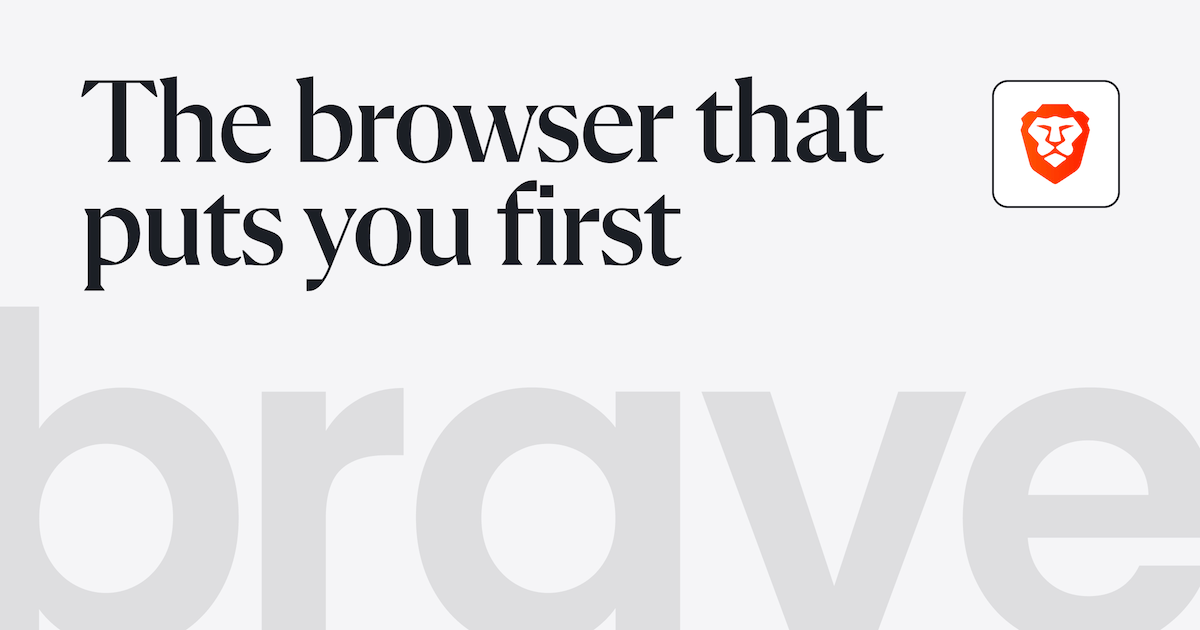IndexedDB is a low-level API for client-side storage of significant amounts of structured data, including files/blobs. This API uses indexes to enable high-performance searches of this data. While Web Storage is useful for storing smaller amounts of data, it is less useful for storing larger amounts of structured data. IndexedDB provides a solution. This is the main landing page for MDN's IndexedDB coverage — here we provide links to the full API reference and usage guides, browser support ...| MDN Web Docs
Brave Shields - Default protection. On every web page you visit. It blocks the stuff that follows you online - third-party ads, trackers, cross-site cookies, phishing, fingerprinting & more.| Brave



